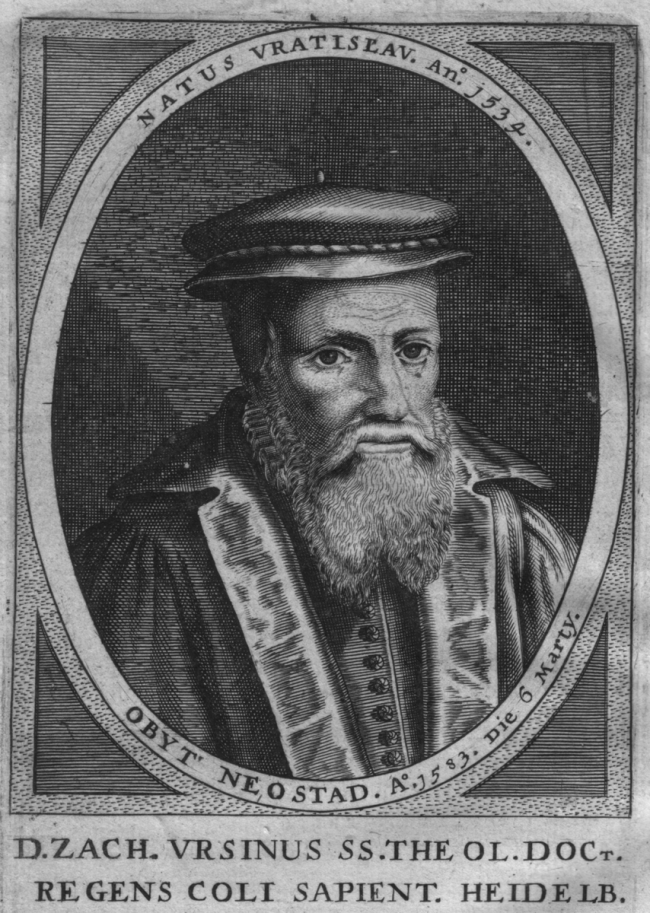I have been working as part of the Moral Markets project for the past couple of years, and as the formal end of the project looms, some of the outputs of the project are coming to fruition. This includes a recent article that I co-authored, “The Moral Status of Wealth Creation in Early-Modern Reformed Confessions.”
This piece appears as part of a special issue of Reformation & Renaissance Review co-edited by Wim Decock and Andrew M. McGinnis on the theme, “Interconfessional Dialogues in Early-Modern Ethics and Economics.”
In our piece, van der Kooi and I examine the teachings of a variety of Reformed confessional documents on the 8th commandment, “Do not steal.” A typical Reformed approach to the commandments is to look at both the negative prohibitions as well as the positive duties enjoined for each commandment. When we look at the teachings of more famous texts like the Heidelberg Catechism as well as the Westminster Larger and Shorter Catechisms as well as other confessional documents, we find “that while there are indeed restrictions, and even sharp warnings against vices such as envy and greed, the Reformed confessions of the sixteenth and seventeenth centuries surveyed here present a positive view of wealth creation in the context of Christian morality.”
There are a number of details of interest we discovered as we explored these texts. This includes, for example, a list and exposition of virtues that one of the authors of the Heidelberg Catechism, Zacharius Ursinus, discusses as part the 8th commandment: (1) commutative justice, (2) contentment, (3) fidelity, (4) liberality, (5) hospitality, (6) parsimony, and (7) frugality.
The whole article is available to read via Open Access.
